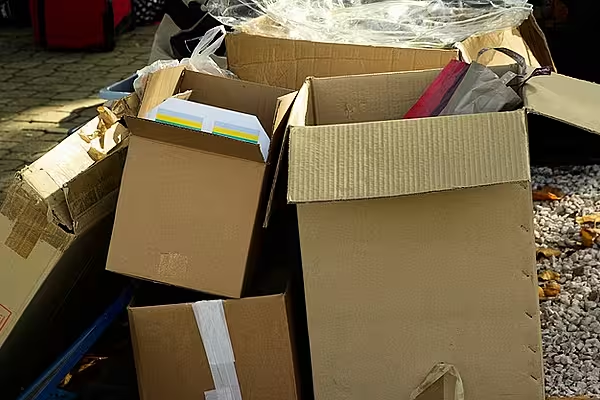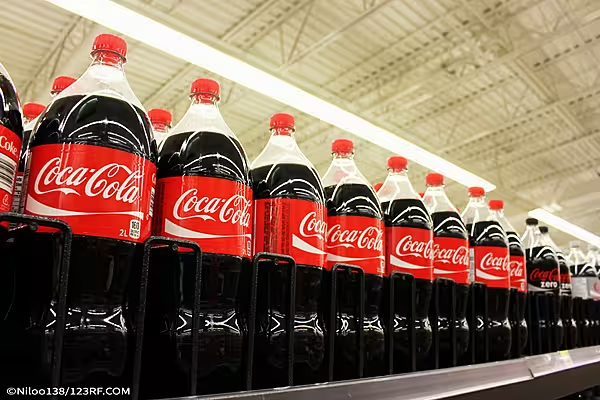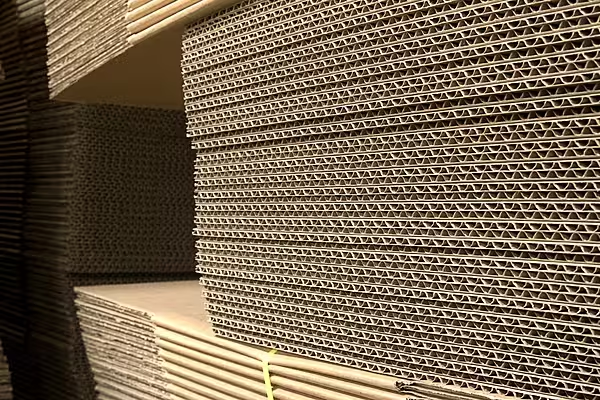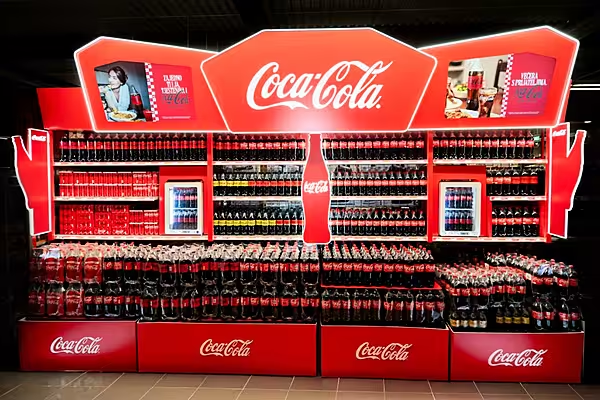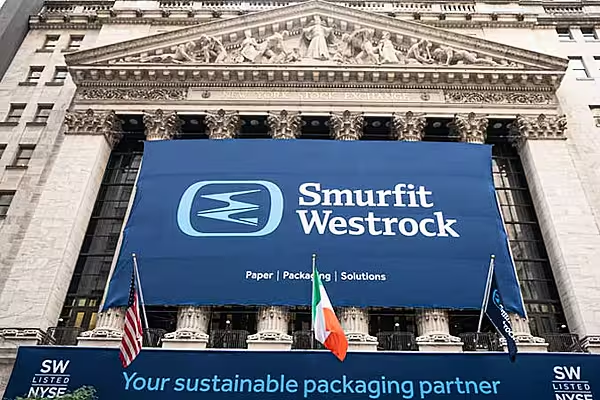A study by packaging firm DS Smith has revealed that around a third of the packages shipped by leading retailers are at least double the size of the actual product.
According to the study, titled The Empty Space Economy, shipping of empty space results in the emission of 122 million tonnes of CO2, which is equivalent to the annual CO2 emission of Belgium, Pakistan or Argentina.
Cutting Down Costs
Alessandro Fulvi, DS Smith packaging marketing director, said, “Removing what is effectively ‘empty space’ would translate into billions of pounds worth of potential savings in shipping costs – which are currently passed onto the consumer.”
Despite the potential to significantly bring down shipping costs and greenhouse emissions, cutting empty space in packaging did not emerge as a high priority area for senior executives, the study found.
Fulvi commented, “As the maturity of the e-commerce shopper evolves, it is no longer acceptable just to deliver goods on time and free from damage.
"Excess packaging and the empty space within a delivered carton frustrates the consumer and creates a negative brand experience.”
Only 36% conducted an audit of the empty space in their products’ packaging, and only a third (34%) had considered changing to a more optimised packaging solution.
© 2018 European Supermarket Magazine – your source for the latest retail news. Article by Dayeeta Das. Click subscribe to sign up to ESM: European Supermarket Magazine.
